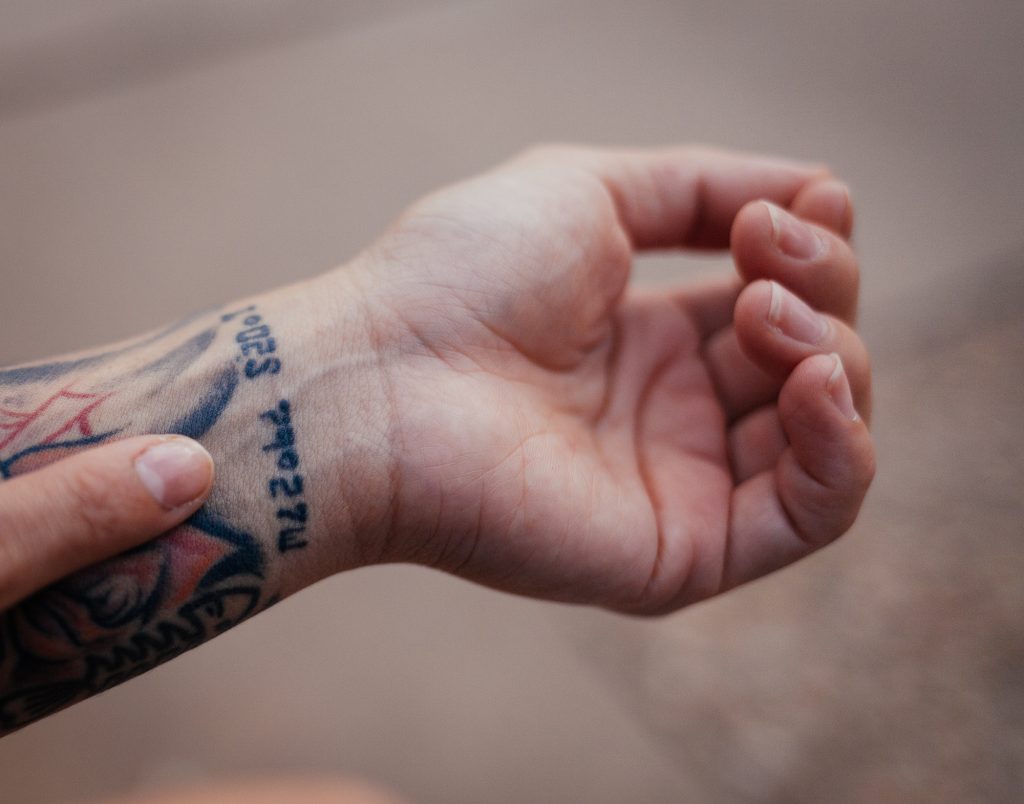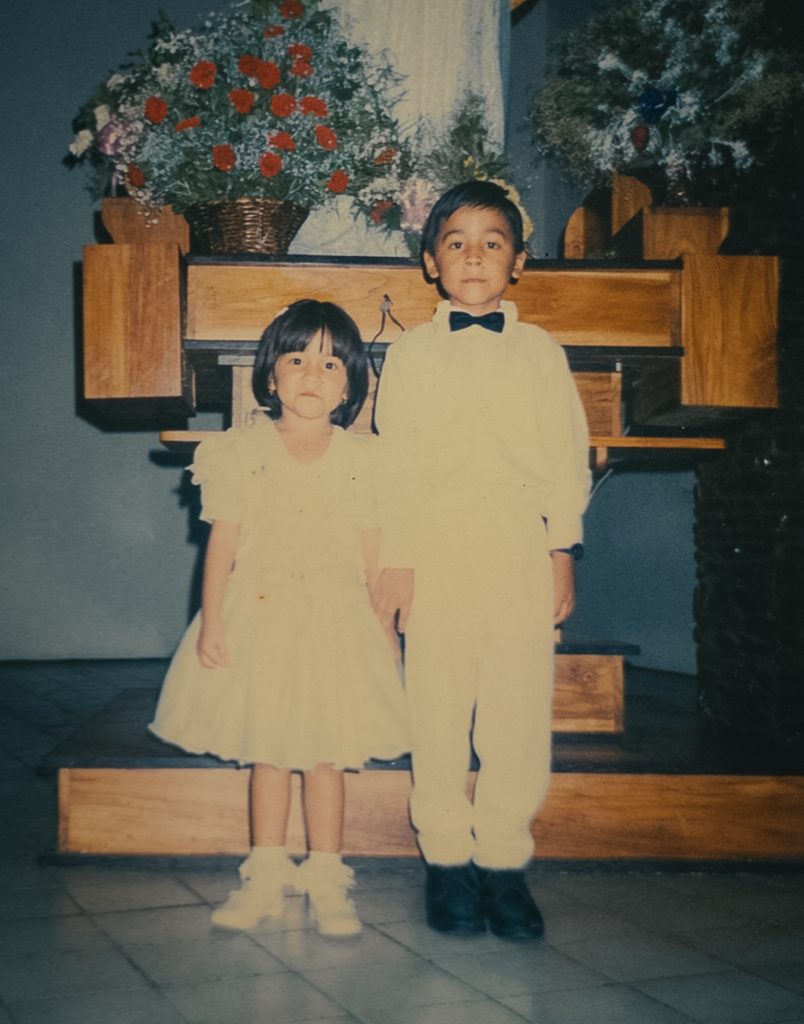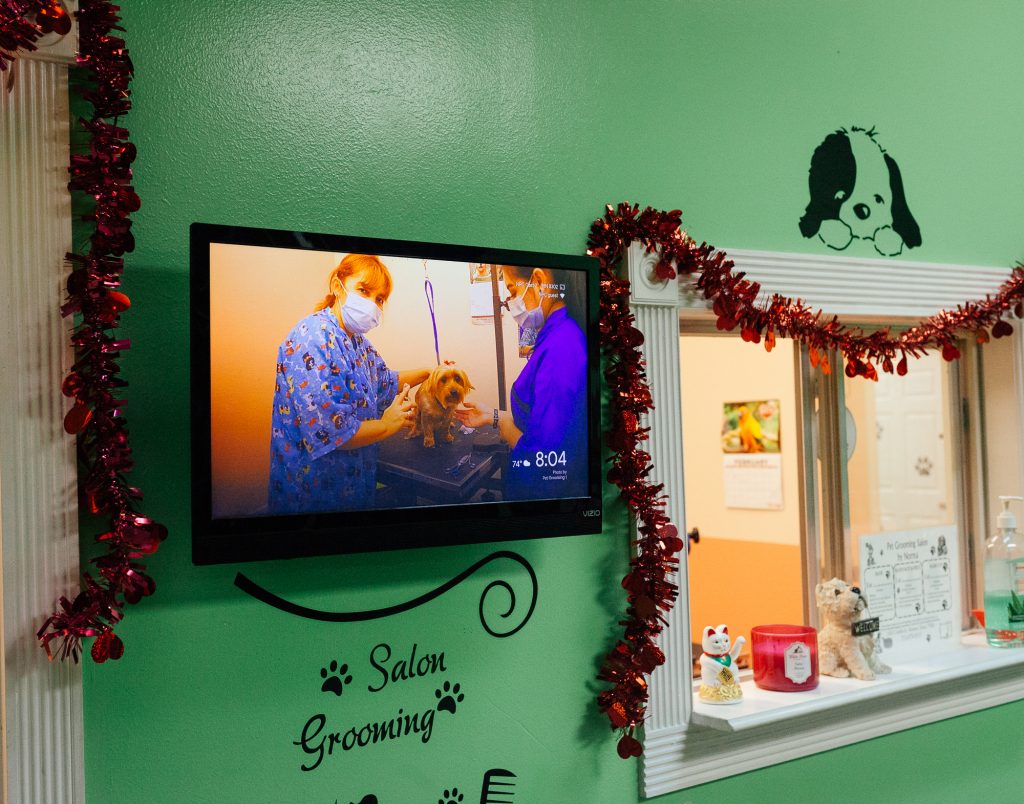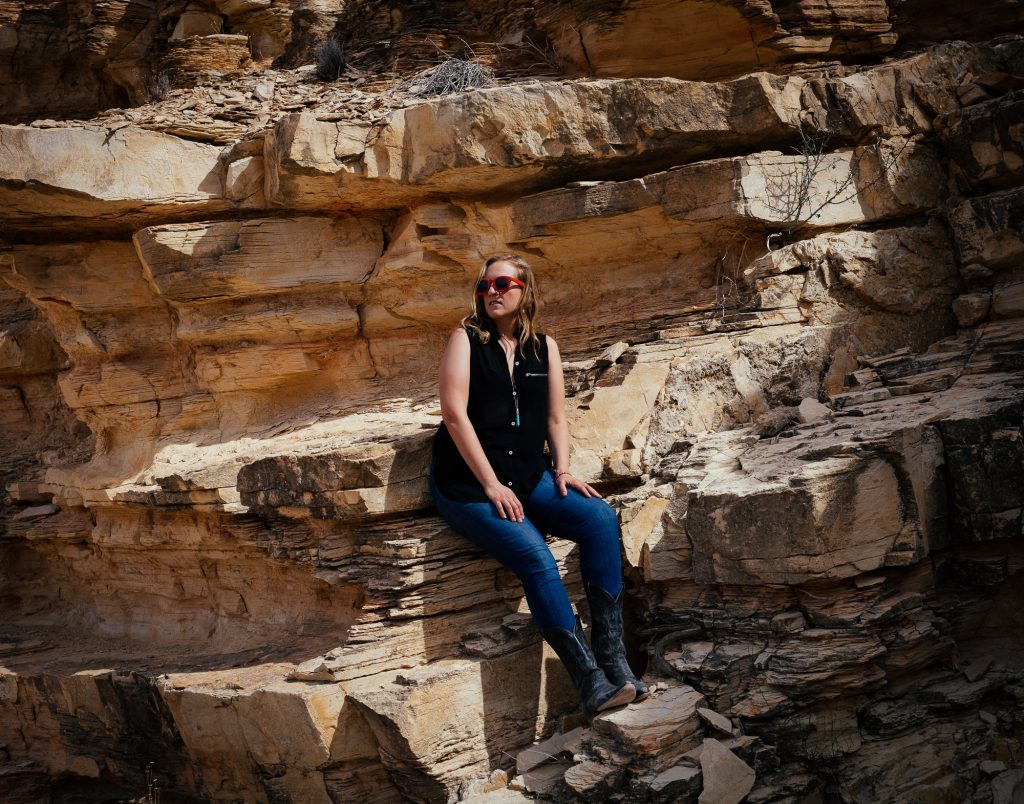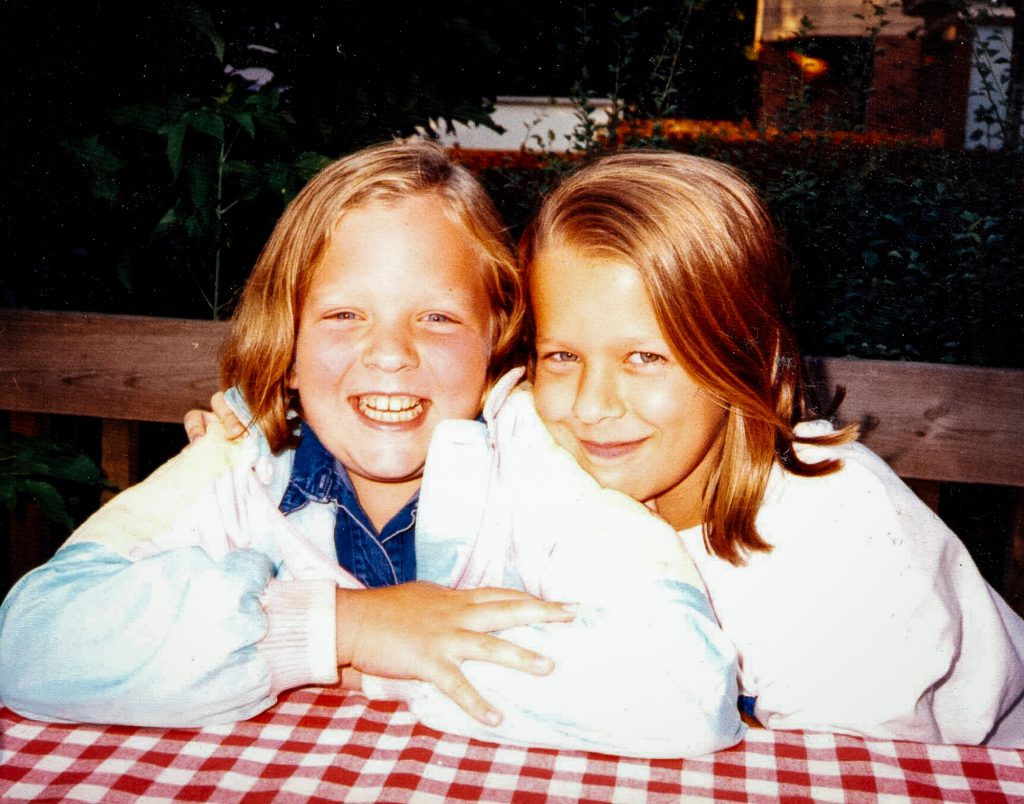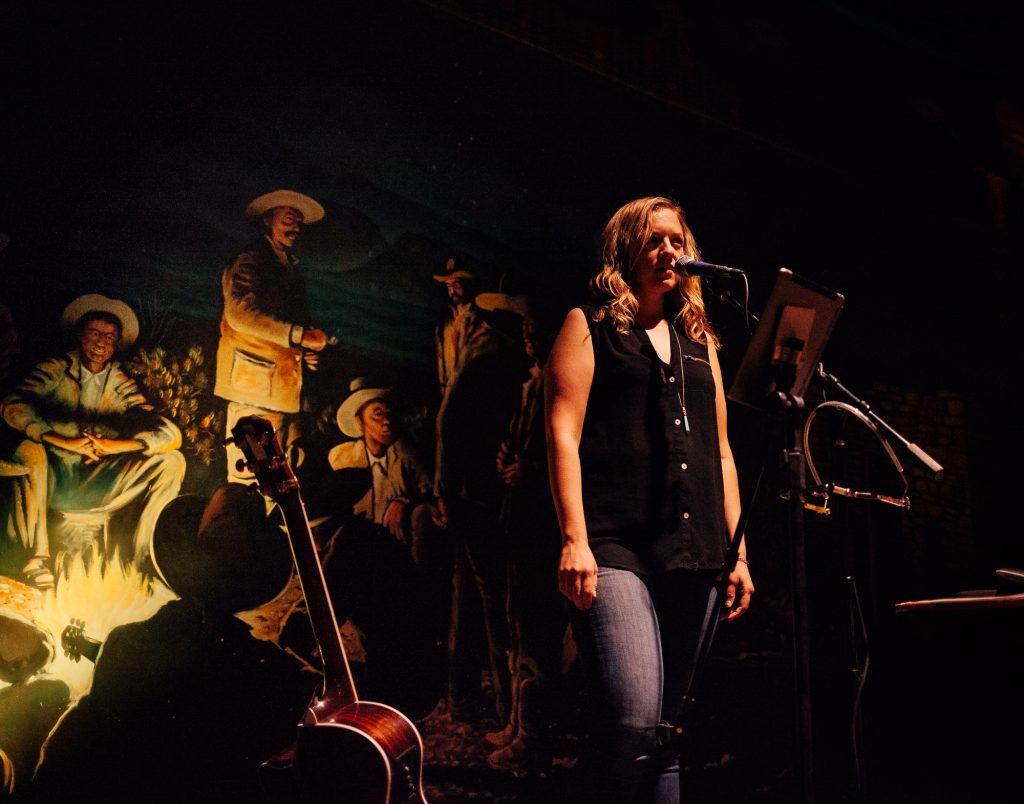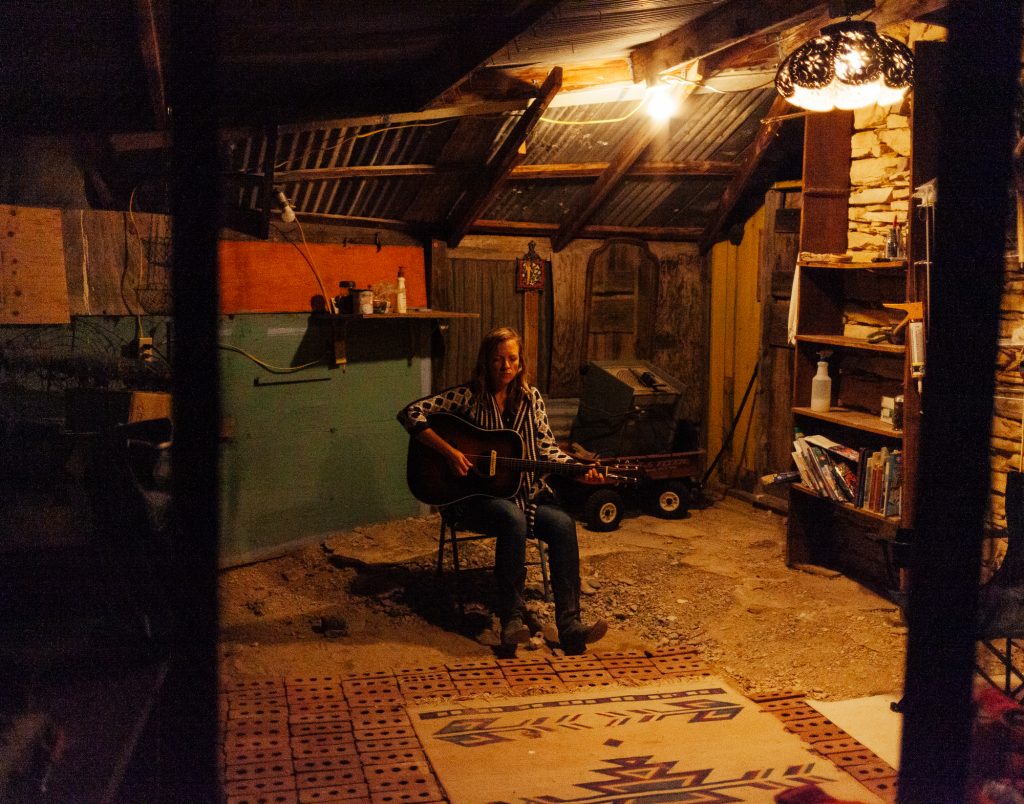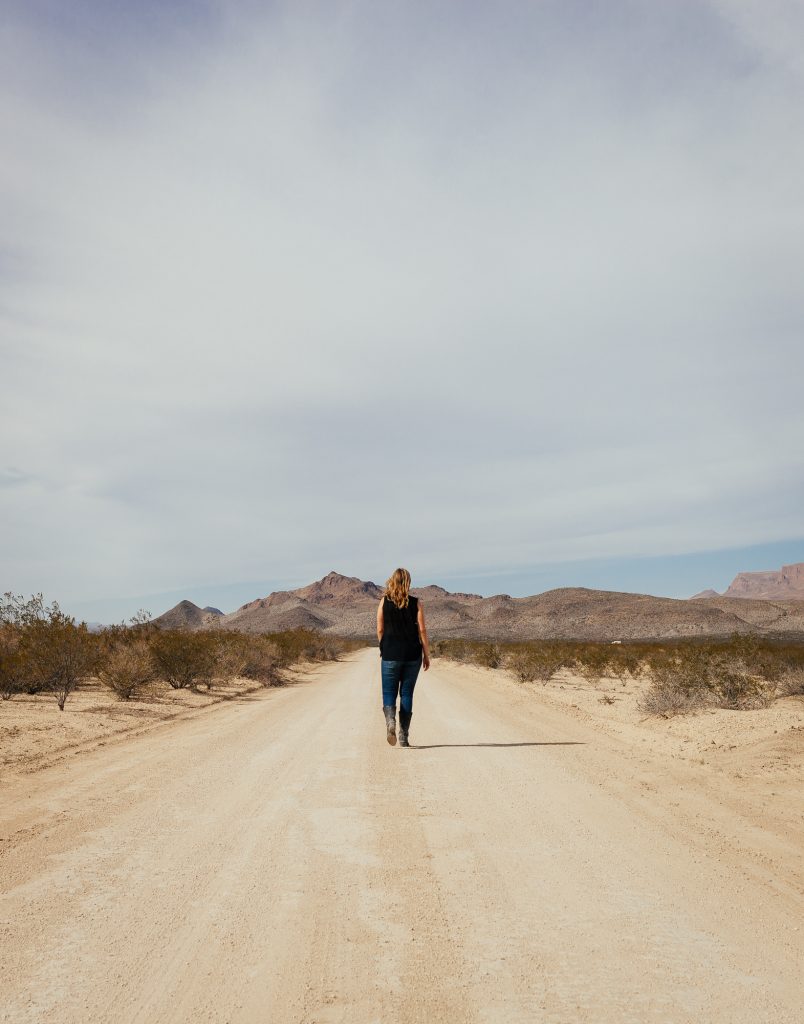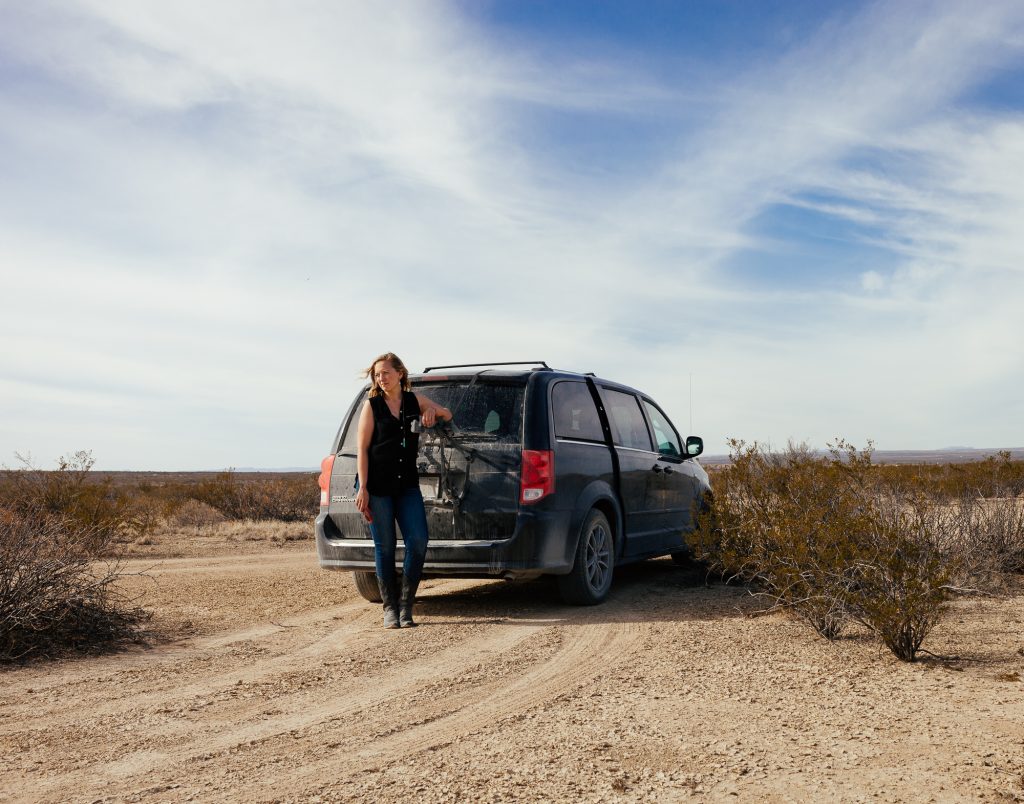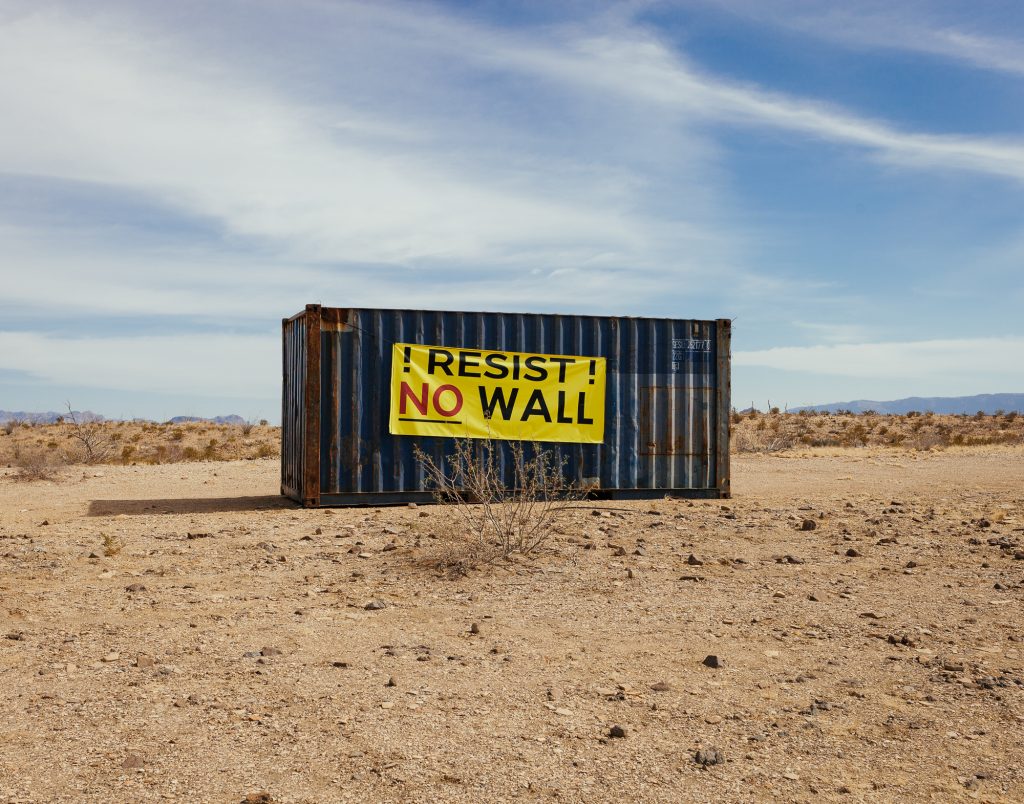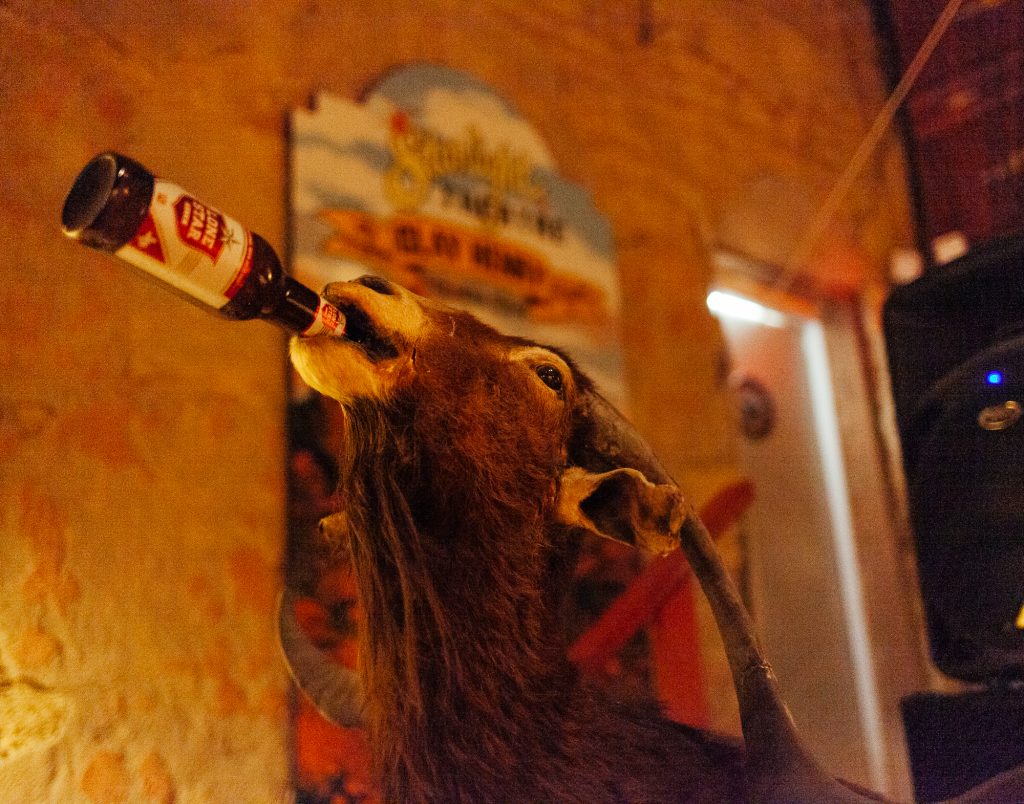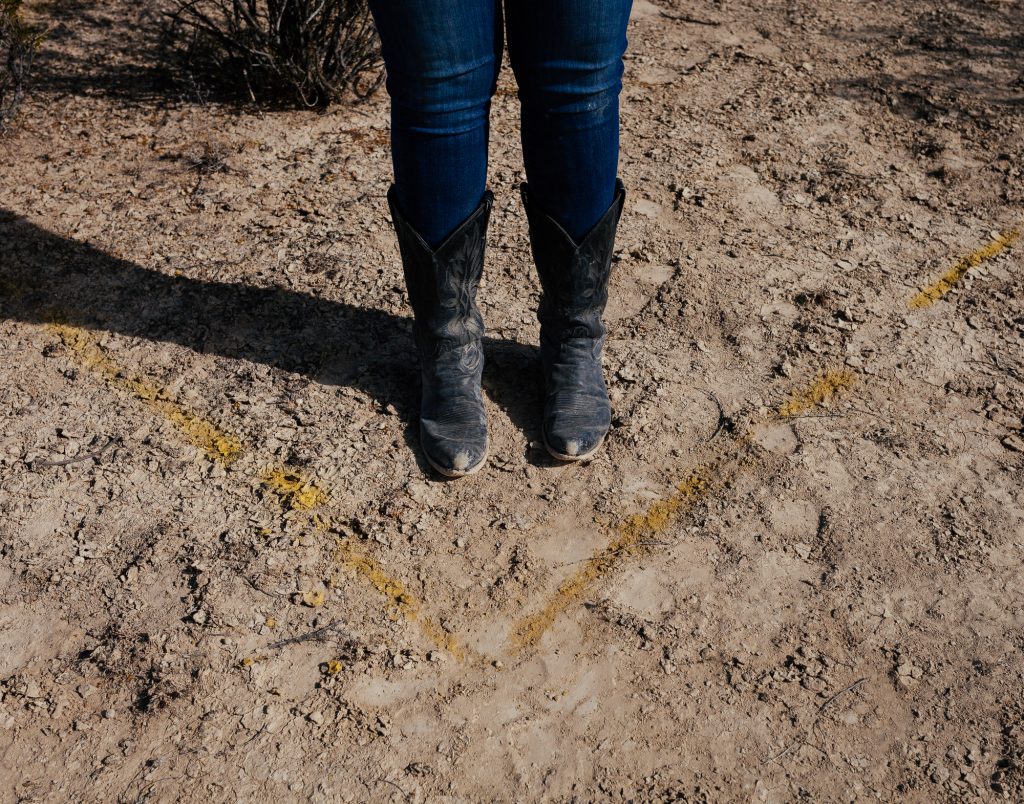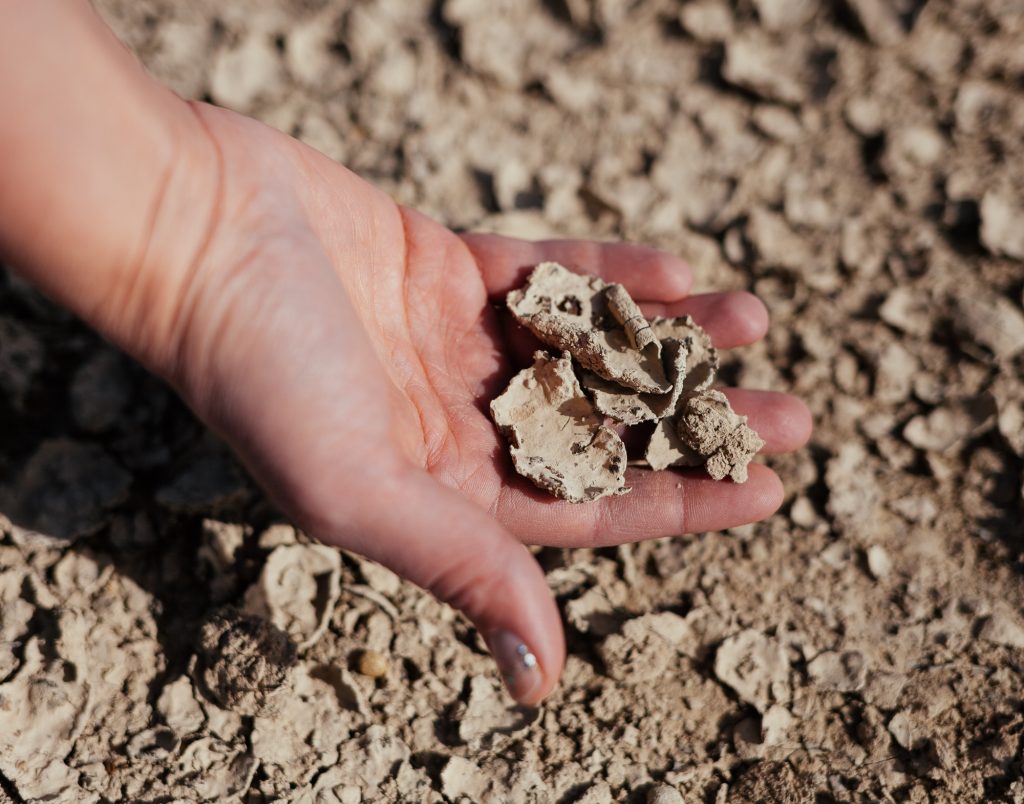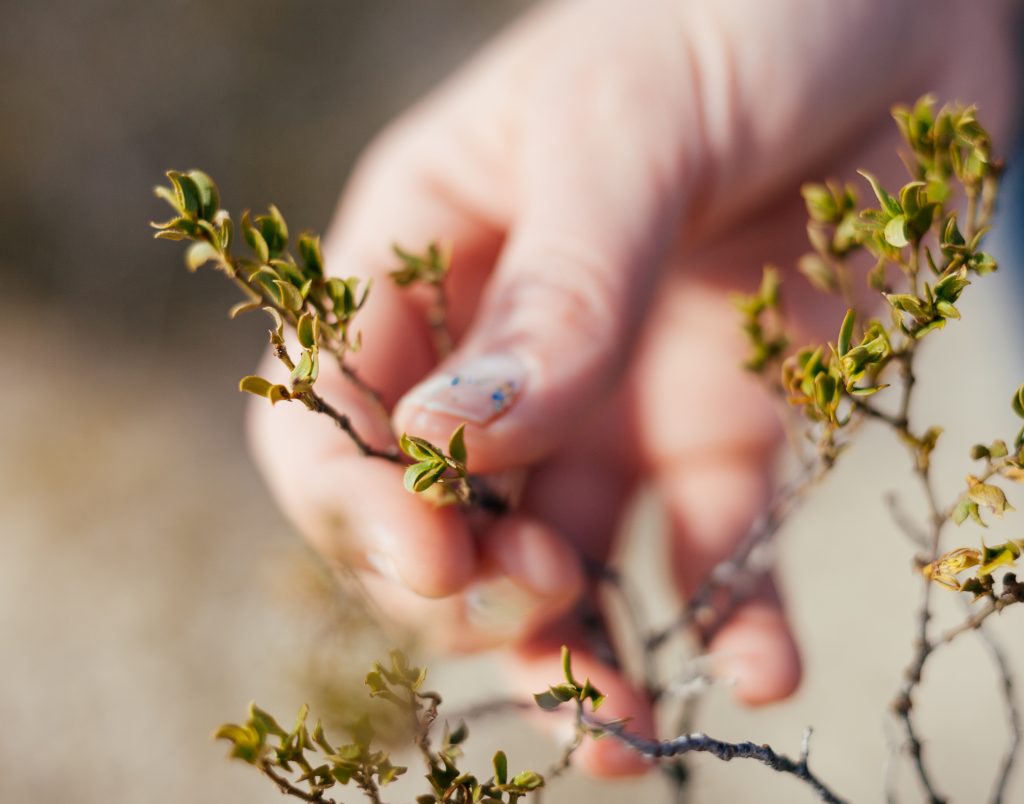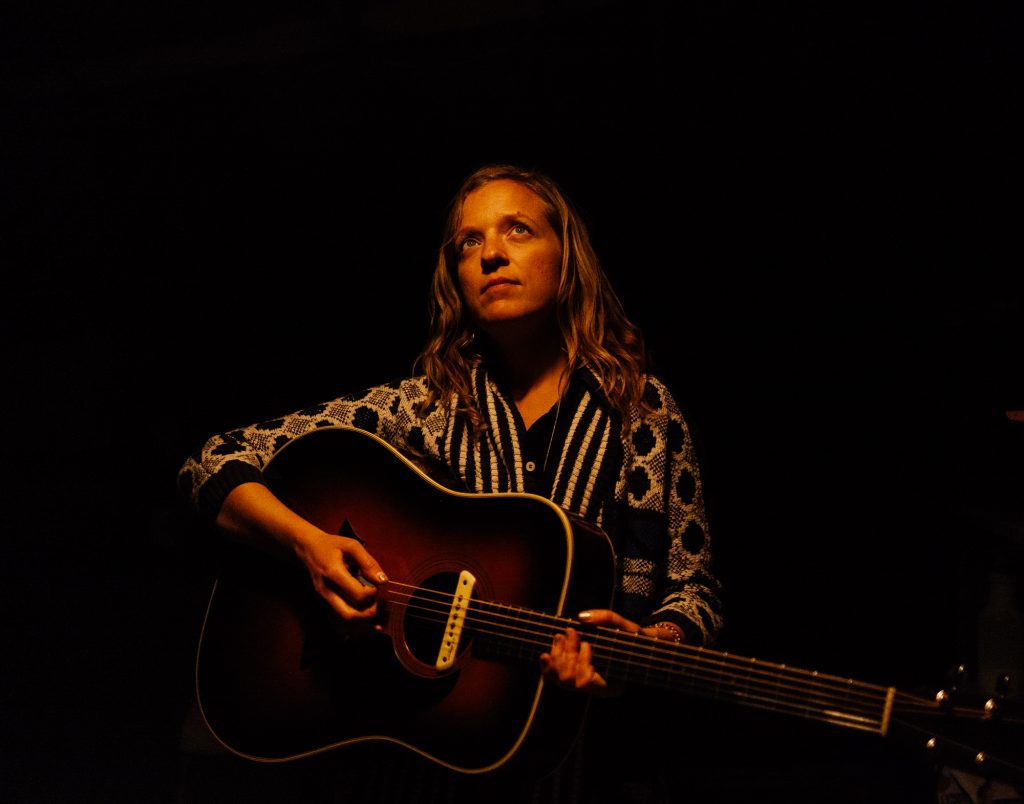
“I feel like Ecuador is one of those countries you don’t really hear about, but it has so much to offer. Some people call it the country of “four worlds” because every region is so different – the Galapagos, the Coast, the Sierra, and the Oriente.”
Childhood
Laura was born in Quevedo – “a little city where everybody knows everybody.” Her best childhood memories are of running around with her cousins on her grandfather’s land.
“We would eat in the morning, get lost, and when we got hungry, we would crack watermelons open.” (audio below)
Laura’s dad worked with computers, and her mom stayed home with Laura and her older brother. Her dad was the type of man everyone knew in town. At the time, cars weren’t as accessible. For practical reasons, her dad opted for a motorcycle. Laura dreamed of one day having her own turquoise Yamaha Passola moped.
Washington?
When Laura’s parents left Ecuador for the United States in 1998, she and her older brother moved to Guayaquil to live with their paternal grandmother. The goal was for Laura and her brother to eventually join their parents. Laura’s parents lived at her paternal grandfather’s house in Houston until they had enough to move out on their own.

Laura knew very little about the United States, aside from how everyone wanted to go there. After her parents left Ecuador, Laura went to school and told her teacher that she would be moving to “Washington” soon. She has no idea why she thought they were going to Washington! (audio below)
In 1999, a year after her parents left, Laura, age seven, and her brother flew to the United States. When she thinks of that day, she remembers chewing gum, wearing Winnie the Pooh overalls, enjoying her first plane ride, and smuggling soup. Her father had such a craving for grandma’s soup that the family had Laura bring a concealed jar of grandma’s frozen soup in her backpack. (audio below)
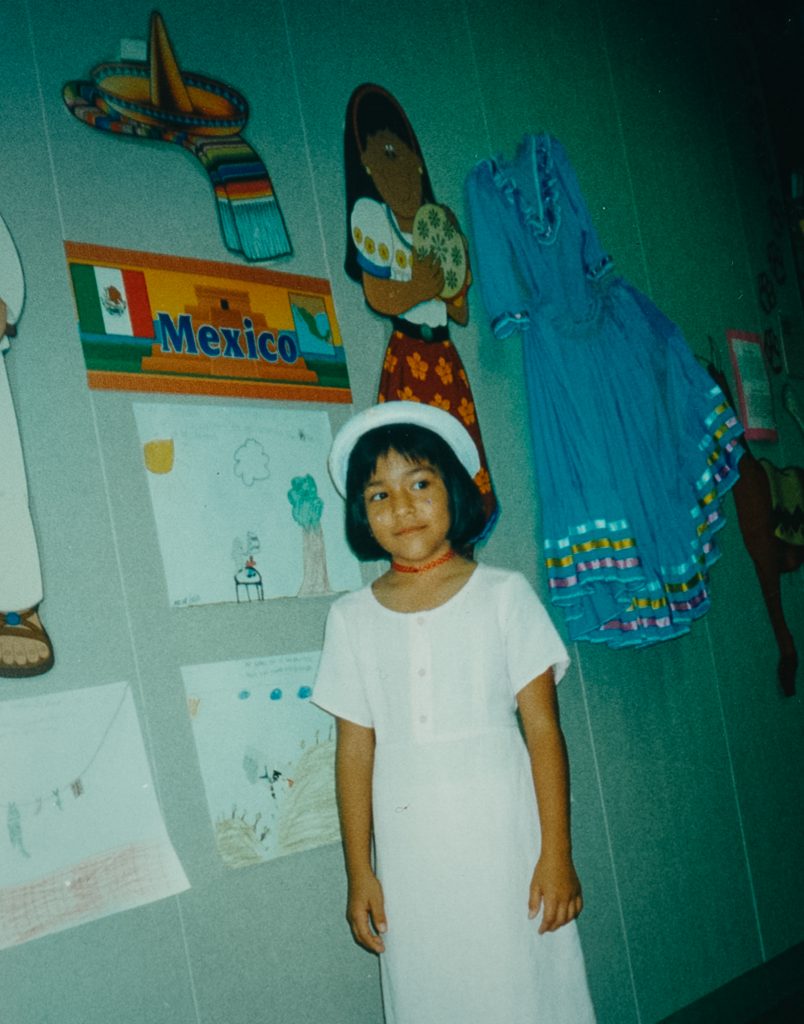
Supervised
“Meeting my parents in the US was like the light at the end of the tunnel.”
Laura felt lonely and out of place after the move. Although she noticed the streets were cleaner in the US, she could run around her grandfather’s land unsupervised in Ecuador. In Houston, Laura lived in an apartment complex. She had to always be supervised and the only kid Laura played with was her brother. She didn’t like this new life.
“I kept telling my mom I wanted to go back to Ecuador.”
When Laura started first grade, she couldn’t believe it when another student talked back to the teacher and didn’t get hit. She had never seen a lack of respect like this in Ecuador. Making friends didn’t come easy at school. In Ecuador, Laura loved playing soccer at recess. When she tried playing in the US, all the girls called her a boy and teased her. Even though some of the kids in her class were Spanish speakers, Laura couldn’t understand some of their words. Nobody had ever told her there were different dialects and ways of speaking her language. When her parents finally bought a house, Laura transferred to the school where her cousins went, so she became friends with their friends.
Confidence
Trying to fit in was a predominant theme of Laura’s adolescence. She went through all sorts of stages – lots of makeup, dyed hair, colored contacts, and at one point, an emo look. (audio below)
It took Laura until freshman year at George Bush High School to adapt to American culture. She became part of the dance team and found it to be a “gateway into self-expression.” It’s also where she made friends.

Body Art
When Laura got her first tattoo as a teenager, she knew her parents wouldn’t approve, so she didn’t tell them.
“They thought tattoos are only for criminals and gangsters, and here I was getting flowers and all these colorful things!”

Eventually, Laura’s mom spotted her tattoo. Although she did cry when she saw it, Laura thinks her mom and dad have grown to understand and appreciate that body art is part of their daughter’s creative side.
“I see my body as a canvas – a visual narration of my story.”
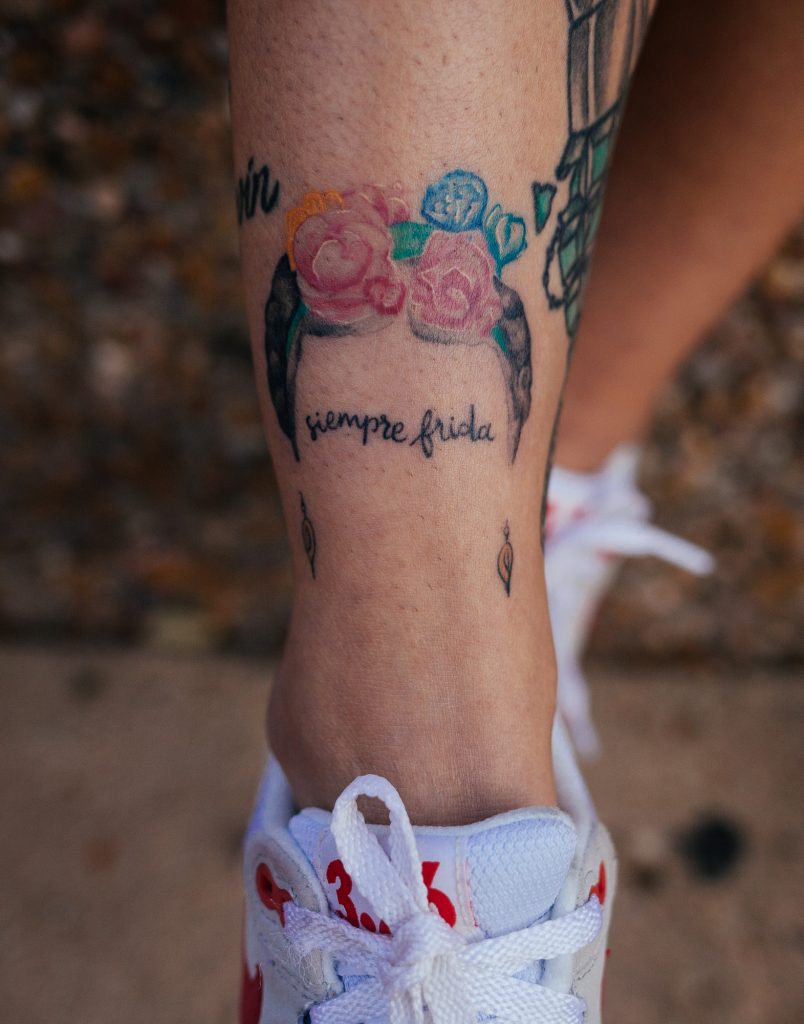
Family Business
Laura’s dad worked in insurance, and her mom’s first job in the US was at Popeye’s and then McDonald’s. Her parents were continually sending money back to Ecuador to help the family.
Laura’s mom missed being at home with her children like she was in Ecuador. When Laura was in middle school, her mom came up with the idea to start a dog grooming business. It was surprising, as they had never owned a dog before. Still, she took a dog grooming training course, got a loan from the bank, and opened Norma Petcare in 2007. They have since expanded and now offer boarding services as well.
It has truly become a family business – Laura, her older brother, and sometimes even her grandma help out.
Working with dogs inspired Laura to get one of her own. Clutch is a “little fluffy guy” who has stolen a large chunk of Laura’s heart. She explains how her dog was a little worried when she started helping out at her mom’s business.
“Why are you coming home smelling like all these other dogs? Now he’s used to it. He loves going to mom’s shop and looking at the girl dogs.” (audio below)
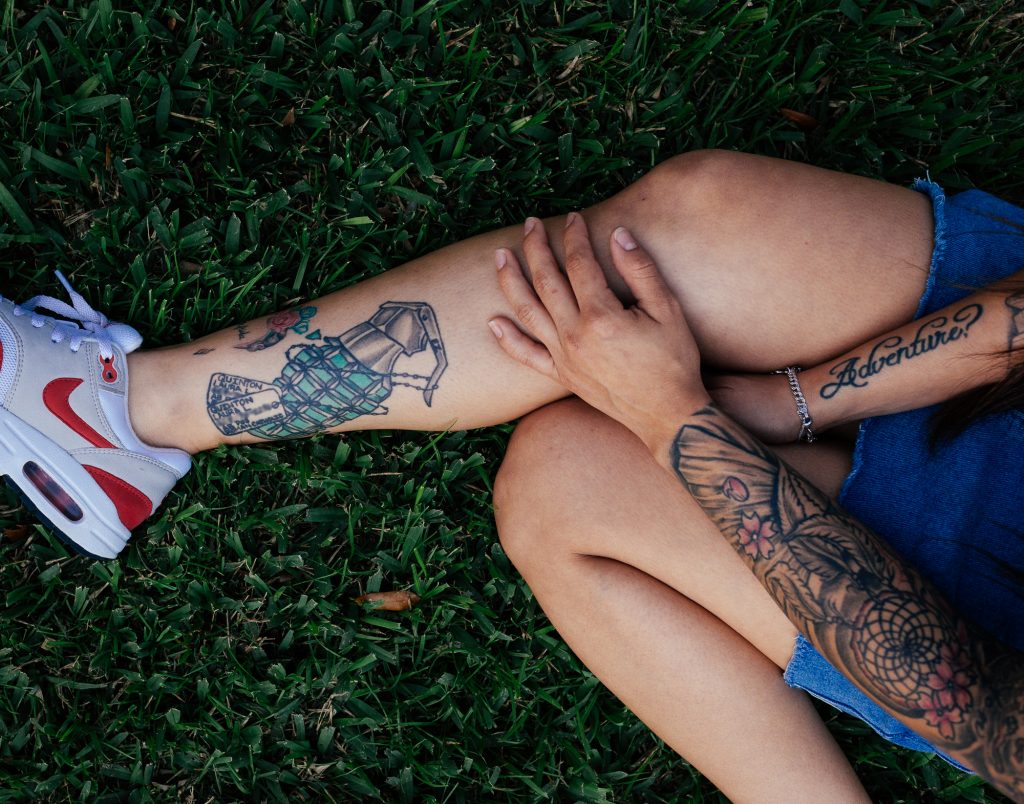
Military
In 2009, Laura’s senior year of high school, she found herself unsure of what she wanted to do next. When her school held a career day, Laura had forgotten to sign up for a presentation, so they sent her to learn about the military. As Laura remembers, they showed a video with all these people doing cool things, and by the end of the presentation, she had signed herself up to join. Laura didn’t want to tell her parents, but as a 17 year old, she needed their signature. Her mom surprised Laura by signing the form right away.
After graduation, Laura left for basic training, and then to military police school. She graduated in 2010, as a 31 Bravo (military police). After graduation, she joined the National Guard and prepared to go to college. When she reported to her assigned unit, they informed Laura, “You are on the list to go to Africa.” Laura put college on hold and started a year of training to go overseas.
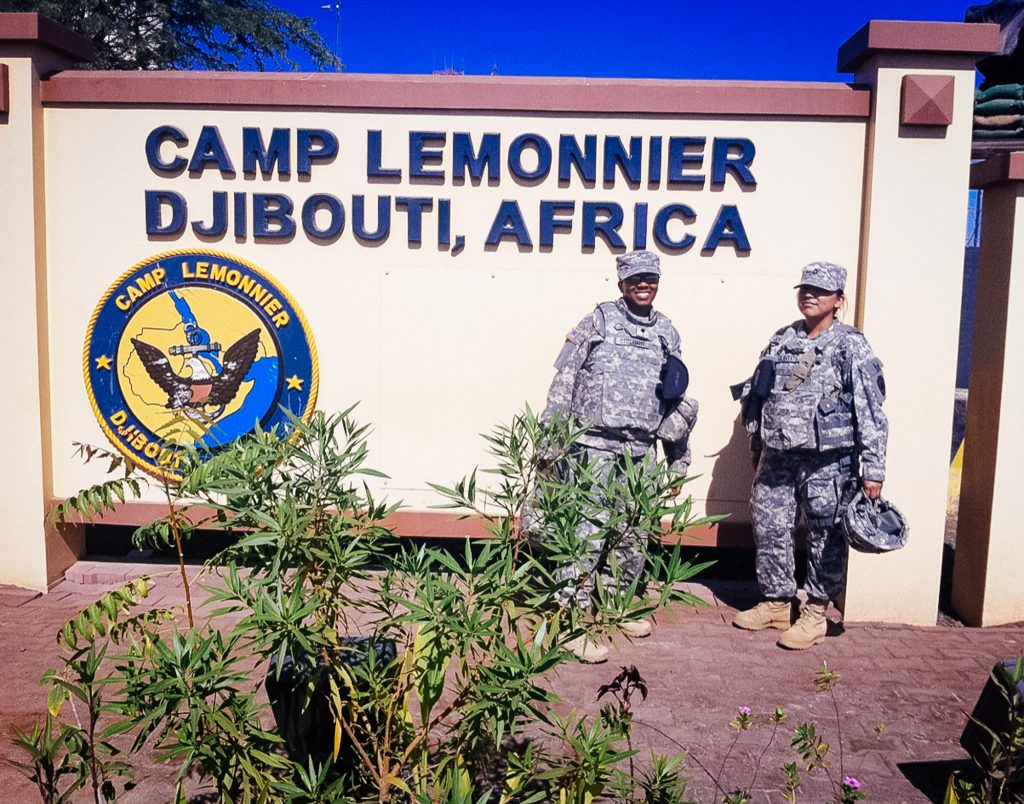
Africa
As a part of Task Force Raptor, Laura was deployed in 2012 to Camp Lemonnier in Djibouti [see the above photo] and then to Camp Simba in Kenya. As the Military Police, her unit’s job was to provide security patrolling and guard the bases.
On Laura’s days-off, she often went to volunteer at an orphanage.
“Anything where I could interact with the locals I did. I want to be able to say that I didn’t just come here and stay on base. I wanted to see what else is out there. I’m just curious about the rest of the world.”

Laura never thought she would spend her 20th birthday in Africa.
“There were a couple of moments where I was like, ‘what am I doing here? I was born in Ecuador, moved to the US. I’m here in Africa? What is going on?’” (audio below)
American?
Laura spent six years in the military and overall considered it a positive experience. The military is where Laura matured and learned that she could depend on herself.
“I was so far from home, and ya, my ‘battle buddies’ were my friends, but at the end of the day, I had to depend on myself.”
Before the military, Laura didn’t see herself as “American”. She learned to feel proud of the flag, wearing the uniform, and the US Army name tape.
“It allowed me to connect with a society that I felt rejected me before then. I’m part of the one percent of the US population that decides to join the military, and on top of that, I’m part of the one percent who are women. As an immigrant, a woman, and small – the military allowed me to gain confidence in myself. I can do as much as the six-foot guys!” (audio below)
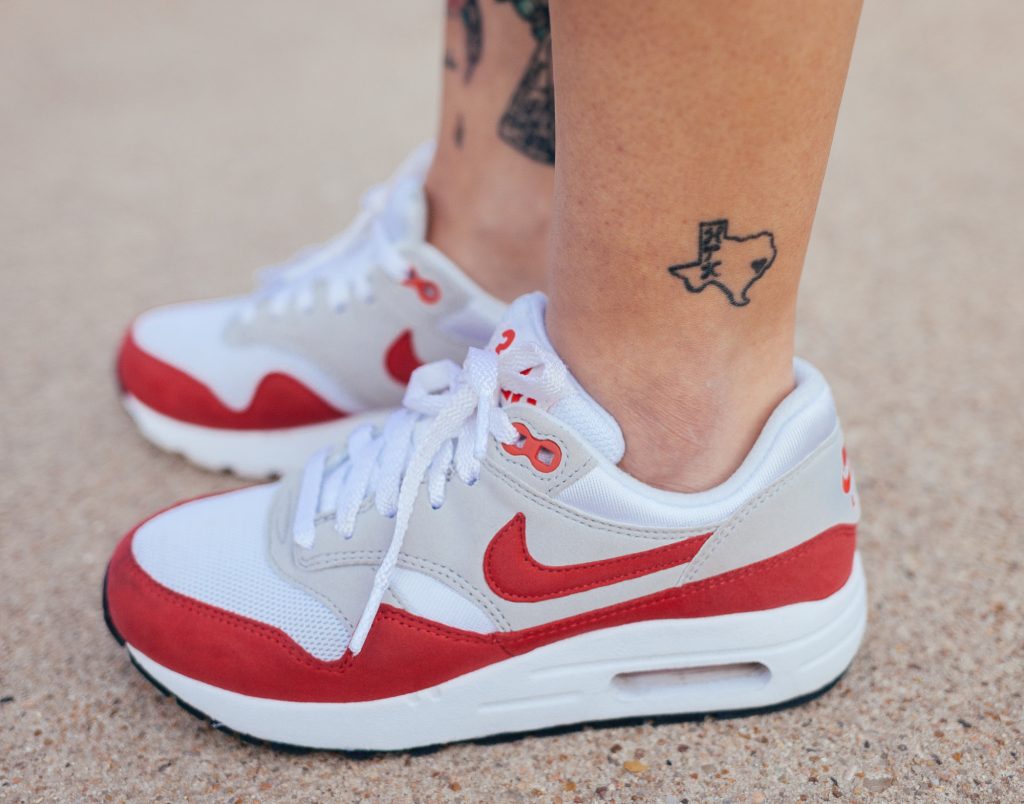
#HoustonStrong
Laura appreciates Houston’s diversity, especially the variety of Latin foods – Cuban, Colombian, Peruvian. She isn’t a fan of Mexican food because she doesn’t like spice, and she especially can’t stand Tex-Mex.
In 2017 when Hurricane Harvey left Laura stuck for two weeks, surrounded by flooding. She loved how people from all over the US came to help people get out of their flooded homes. She feels like this tragedy highlighted what a great city Houston is.
“The hurricane did bring the city together. Houstonians helped out each other more than the government did. #HOUSTONSTRONG, you see that everywhere now.” (audio below)

Venting
Laura grew up surrounded by books because her father has always loved to read. She started writing in her youth as a way to vent her frustration. At community college, Laura took a creative writing class, received positive feedback from her professor, and decided to pursue this path further. When a friend texted Laura to thank her for something she had written, she knew she had to keep working on this craft. Before Laura was writing for herself, but after that, she saw how writing could be a way to connect with and inspire others. (audio below)
“The country is so divided because of politics, and writing is an opportunity to bring people together. I owe this to the world. I love to read, and I love to write, so why not use that for the good of humanity.”
Laura writes mostly non-fiction about immigration, being Latina, and self-love: “I like taking the facts and making them pretty.” In 2017, Laura transferred from her community college to the University of Houston where she studies English with a concentration on creative writing.

#MeToo
Today, Laura’s experiences as an immigrant, soldier, student, and woman influence her writing. The #MeToo movement has had an enormous impact on Laura and made her reflect on her own experiences. While she remembers the military fondly, she admits that at times she experienced sexism and sexual harassment. At the time, she treated the harassment like it was just part of the job, but now realizes she shouldn’t have accepted it. She always felt like she “needed to suck it up”.
“I wanted to be a part of the military, a soldier, and I didn’t want to be soft. If I said, ‘you were offending me’ they would say, ‘this is why we can’t have women in the military. You have to toughen up.’”

Legacy
Making a lot of money in the future doesn’t interest Laura- she considers herself a minimalist – but she is ambitious.
“I want to make something out of myself and impact my community. What good is money going to do when I’m dead? A work of literature can stay long before I’m gone.”

After graduating from university, Laura plans to take some time off and go to Ecuador as a graduation present to herself. She wants to “soak in spending time with family”.
Jorge Carrera Andrade, the Ecuadorian poet, whose writing focused mainly on nature, inspires Laura. She dreams of one day being in Ecuador, staying on her grandpa’s land, detached from all technology, writing her first collection of poetry.
Montañita is a coastal town in Ecuador, full of Americans who have immigrated there as retirees. Someday Laura would love to spend time in Montañita and write about the experience of these American immigrants in her country.
*Update: Laura graduated from the University of Houston and is now focusing on finishing her poetry manuscript centered around identity. You can find her work at llquinton.com
#FINDINGAMERICAN
To receive updates on the book release and exhibition of “Finding American: Stories of Immigration from all 50 States” please subscribe here. This project is a labor of love and passion. If you would like to support its continuation, it would be greatly appreciated!
© Photos and text by Colin Boyd Shafer | Edited by Kate Kamo McHugh. Quotes are edited for clarity and brevity.

